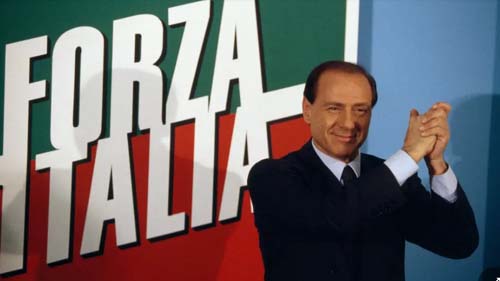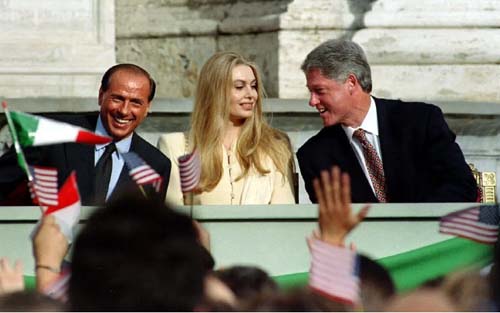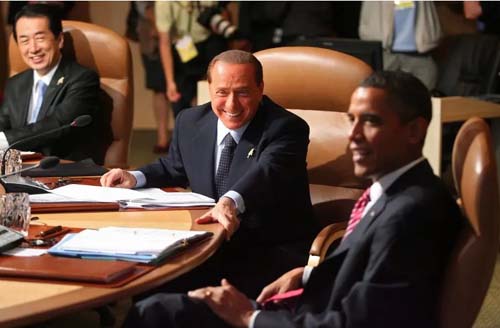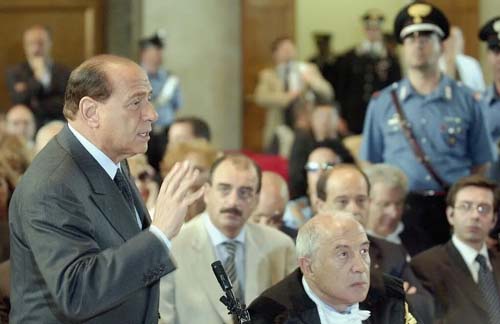
Silvio Berlusconi: the original populist
Abida Shaheen
Silvio Berlusconi collected Napoleon figurines and dreamed of a bridge to Sicily. He invented modern populism, and died this week as his imitators covered themselves in shame.
In March this year a committee of the government of Giorgia Meloni met in Rome to sign off on plans for the world’s longest suspension bridge, from the Italian mainland to Sicily.

So what? The plans were first adopted by Silvio Berlusconi, who died this week with an economic legacy of unfulfilled promises, and a political one of grand gestures and TV-fuelled populism that has been copied on three continents.
Meloni is Berlusconi’s political heir. She occupies the space he created on the centre-right when Italy’s two-party system collapsed in the 1990s. She is trying to declare her independence from Forza Italia, not least because it may collapse without him in which case her coalition will need other means of support.

But the Berlusconi playbook – honed over 30 years in and out of power as Italy’s longest-serving post-war prime minister – is still widely followed. Its tenets include…Own the media – a principle he followed to build his fortune and influence as a TV tycoon in the 1990s, Let your money talk – Berlusconi understood aspirational politics. He spent big to bedazzle, including on an amphitheatre for his estate in Sardinia and a mausoleum for himself and two dozen friends and family at his villa near Milan. He first appeared on Forbes’ billionaires list in 1988 but even in the land of Gramsci that didn’t stop him winning elections in 1994, 2001 and 2008. His net worth was close to $7 billion on his death.

Go low – Like other leaders who’ve mimicked his style, Berlusconi behaved as if the law did not apply to him. He was prosecuted more than 30 times but convicted only twice – for tax fraud in 2013 and bribery in 2015, but never for child sex abuse despite enduring claims of underage sex at his bunga bunga parties. “No one is born without the desires that he shamelessly fought to satisfy,” the novelist Sandro Veronesi wrote this week. “And now that he is gone those desires are still there.”

He won power from the right, not the centre. He divided Italy so starkly that one journalist who covered most of his career says he “invented Italian bipolarity”. John Foot, professor of Italian history at Bristol, says “he invented everything”.
But he never delivered the economic miracle he promised, and groundworks for the bridge over the Strait of Messina haven’t even started. In the end he left more monuments to Napoleon – of whom he collected figurines – than to himself.
